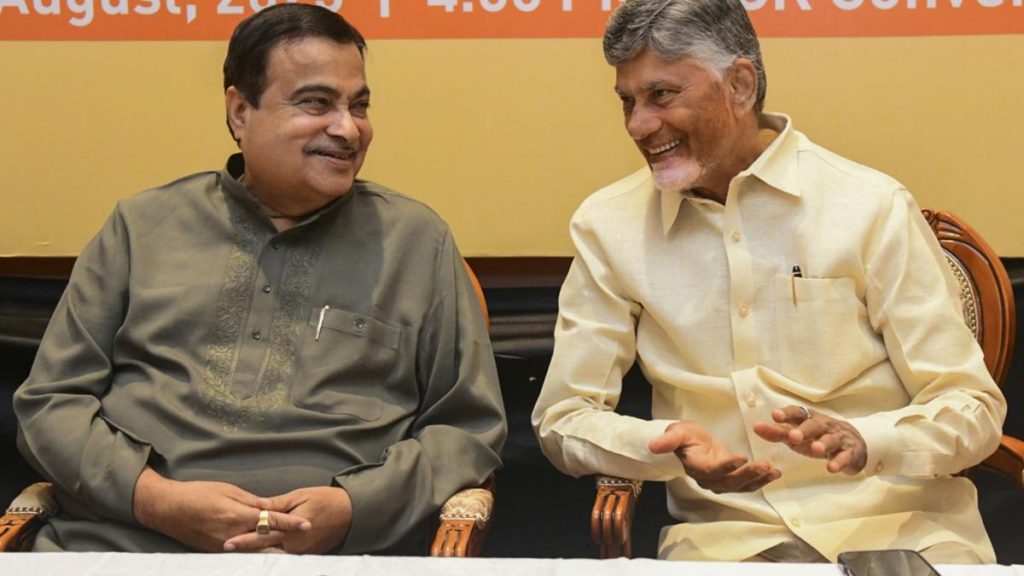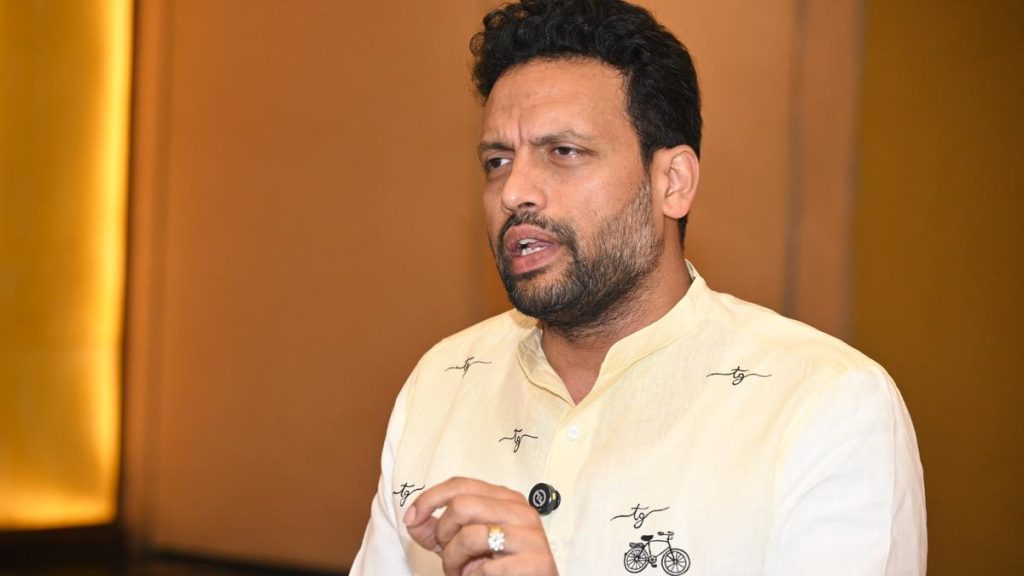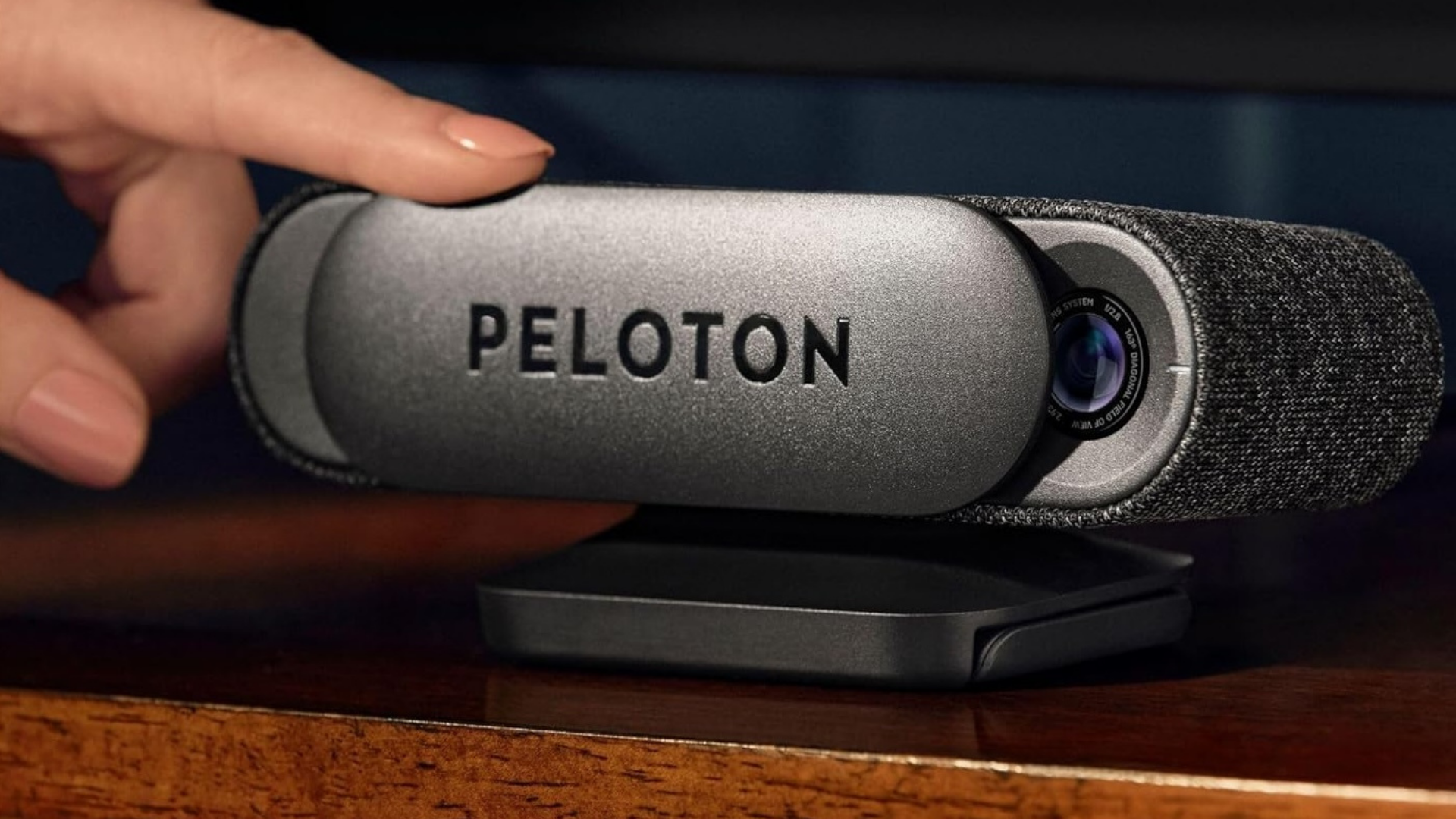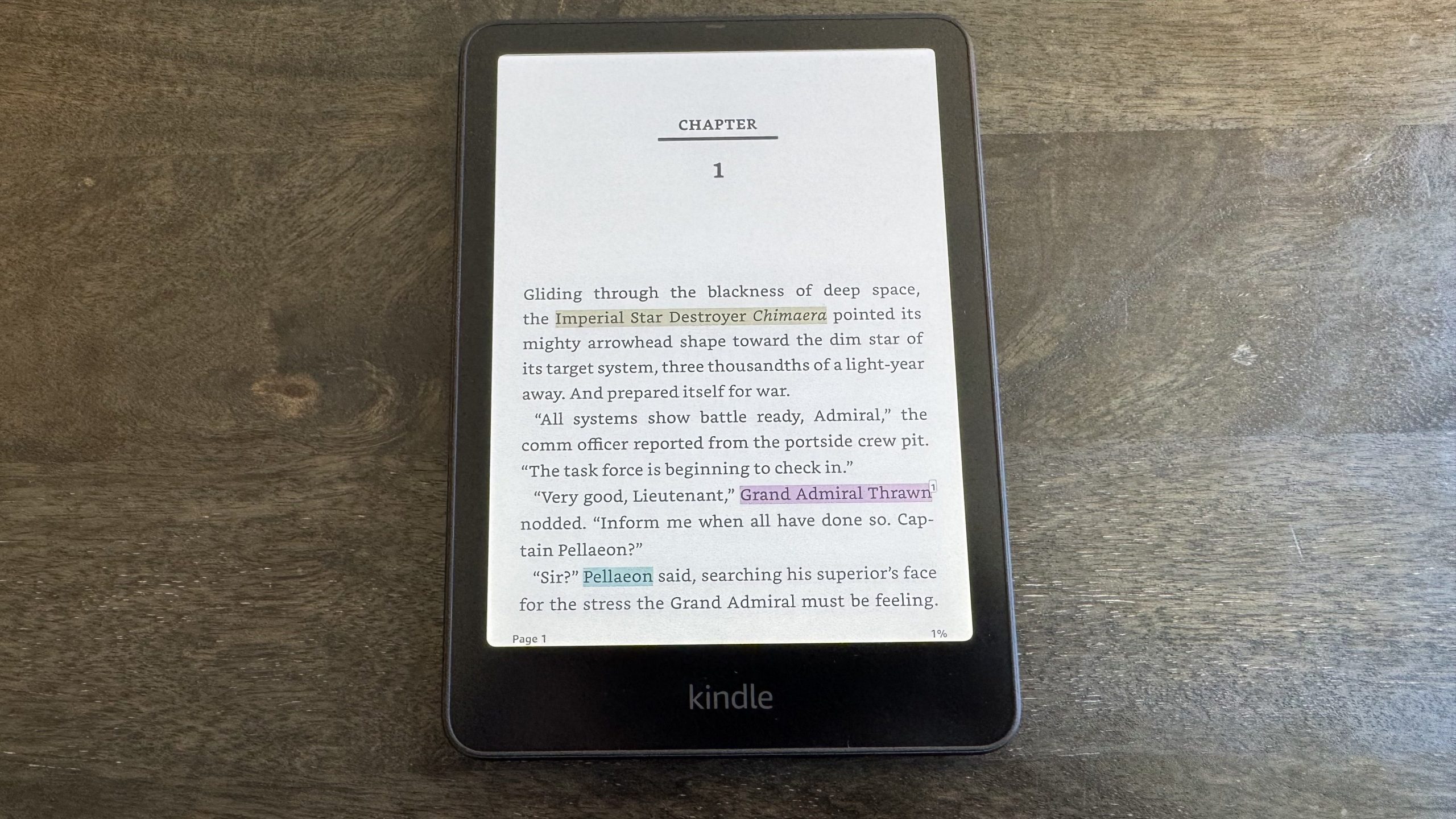Now Reading: Class Action Lawsuit Filed Against Viral ‘Tea’ App
-
01
Class Action Lawsuit Filed Against Viral ‘Tea’ App
Class Action Lawsuit Filed Against Viral ‘Tea’ App

Rapid Summary
- Tea App Overview: Tea is a platform marketed as a safety tool enabling women to rate and review men anonymously, promoted as a resource for background checks and identifying potential threats.
- data Breaches: The app faced two major data breaches:
– The first exposed thousands of user verification images, including government IDs, which were leaked publicly despite assurances they would be deleted. Images were reportedly two years old.- The second breach involved millions of direct messages sent on the platform as recently as last week.Messages, although technically anonymous, contained personal details making authors identifiable.- In response to the breaches, Tea engaged cybersecurity experts and law enforcement while disabling its direct message feature.
- Class Action Lawsuit: A user,Griselda Reyes,filed a class action suit against Tea Dating Advice Inc., citing negligence and failure to safeguard users’ personally identifiable details. Claims include loss of time dealing with consequences such as theft risks and anxiety over unauthorized exposure of private data.
Indian Opinion Analysis
The developments surrounding Tea raise important discussions about balancing personal privacy in tech-driven solutions for public safety. While apps like Tea aim to provide tools for women’s safety by anonymously sharing experiences about men’s behavior or risks posed by them, the reported breaches undermine trust in platforms managing sensitive user data.
The lawsuit highlights accountability gaps when companies fail to uphold security promises-a concern especially resonant globally given rising reliance on technology-mediated social interactions. For India specifically-which also faces challenges with online privacy laws-this incident serves as a cautionary tale emphasizing stricter regulatory oversight on emerging platforms promising anonymity yet lacking robust safeguards.
Moreover, such applications blur lines between protecting communities from harm versus risking defamation or misuse without due process. As technologies grow at scale here in India too, societal introspection is needed regarding ethical use cases balanced against legal protections around privacy rights both during development cycles & deployment phase tighter scrutiny fields



























